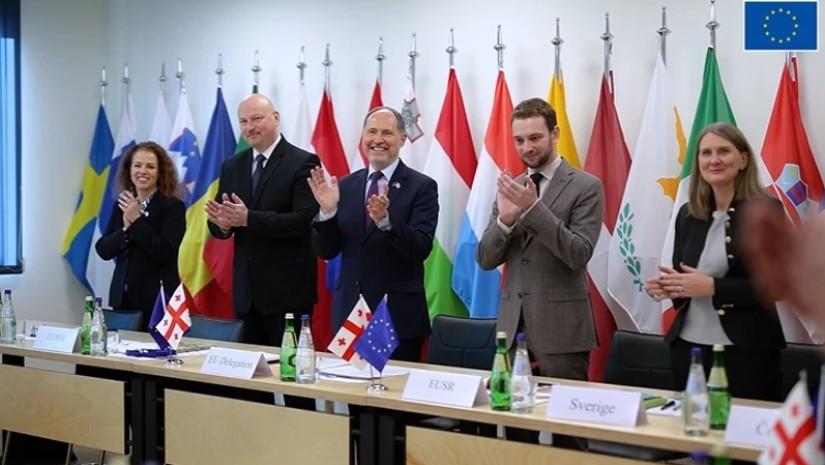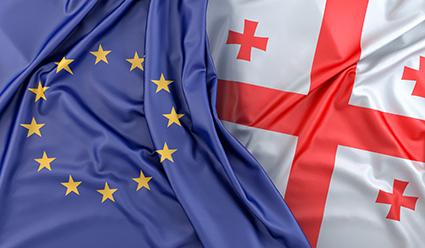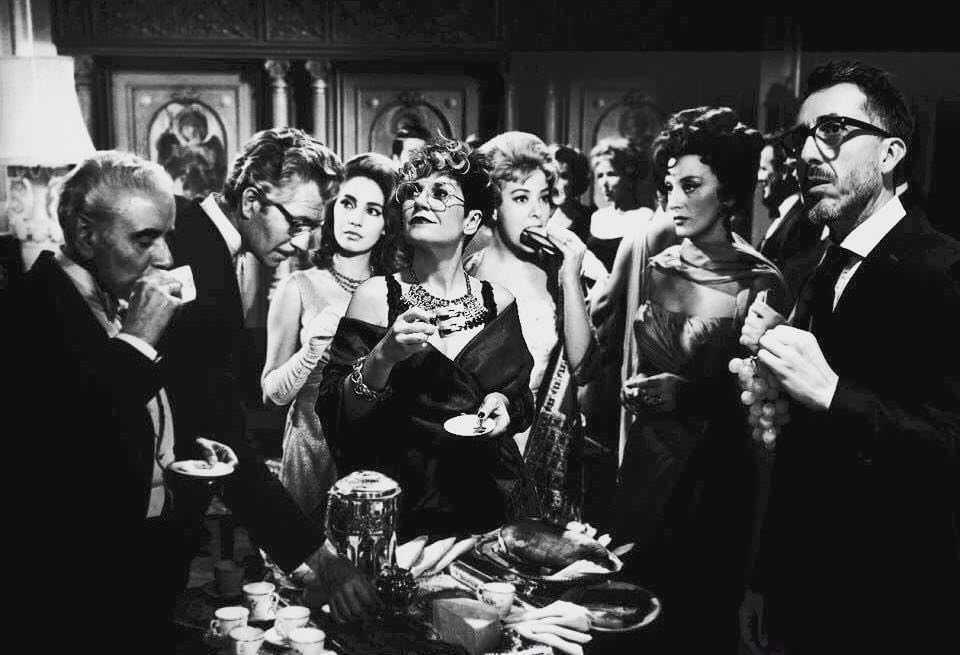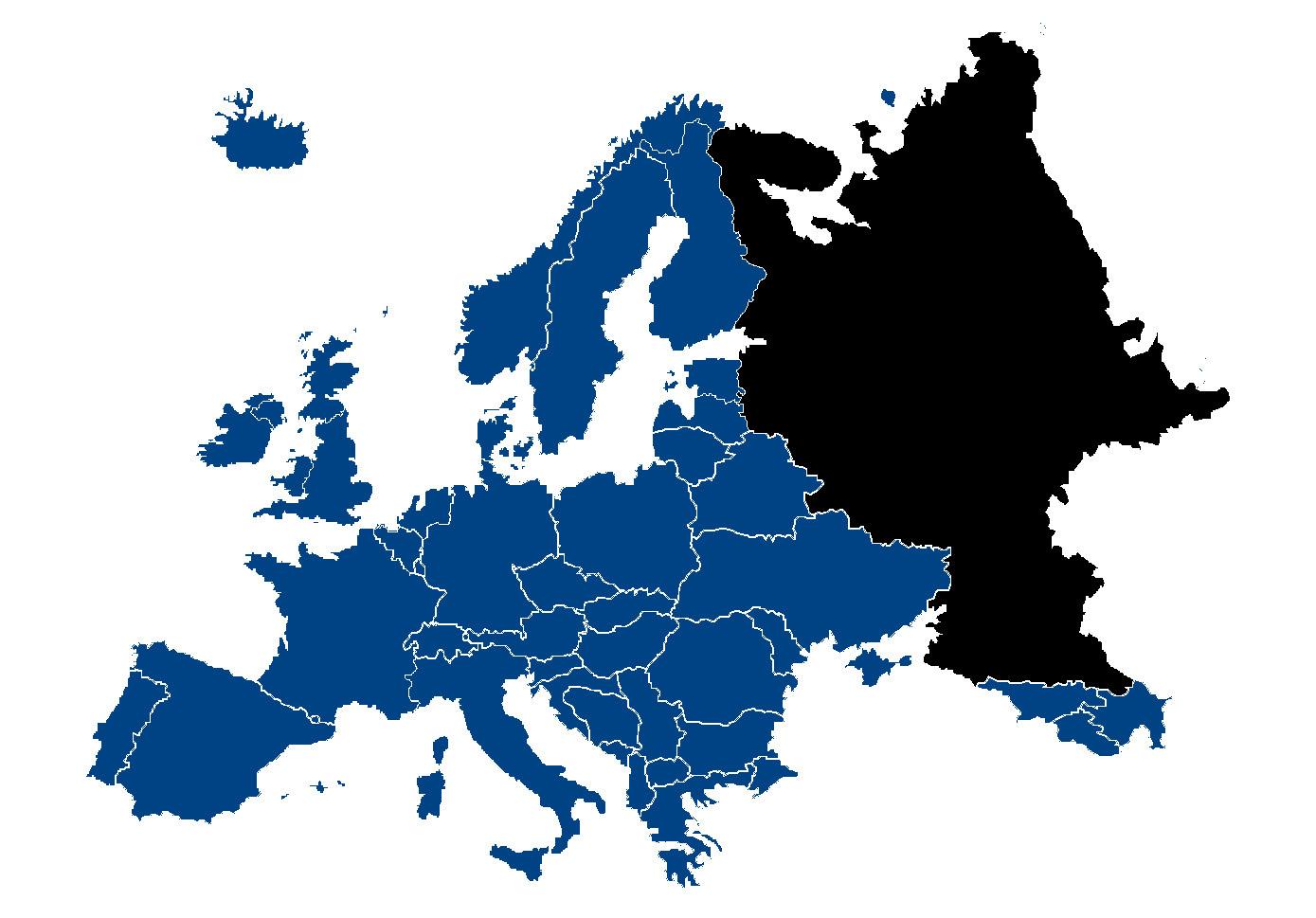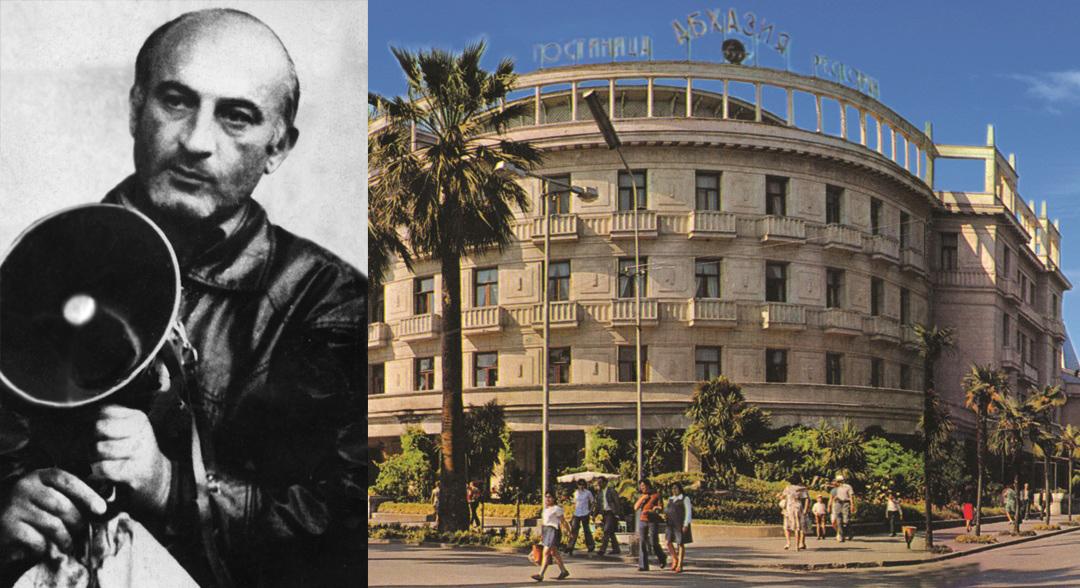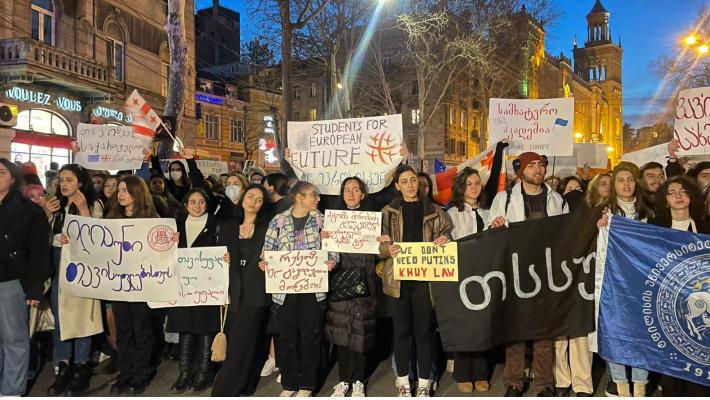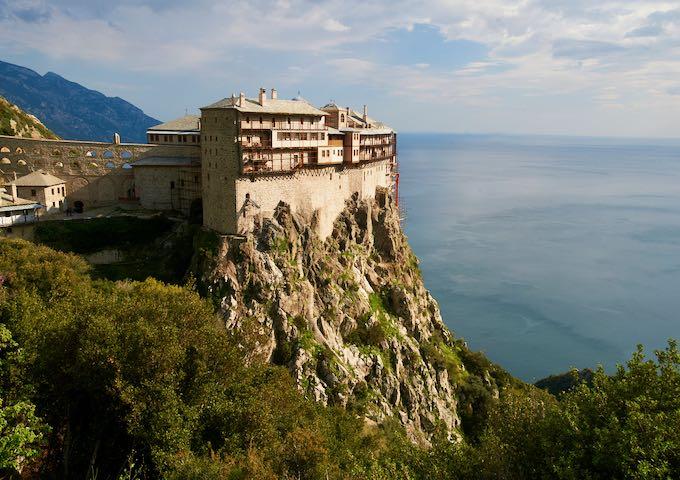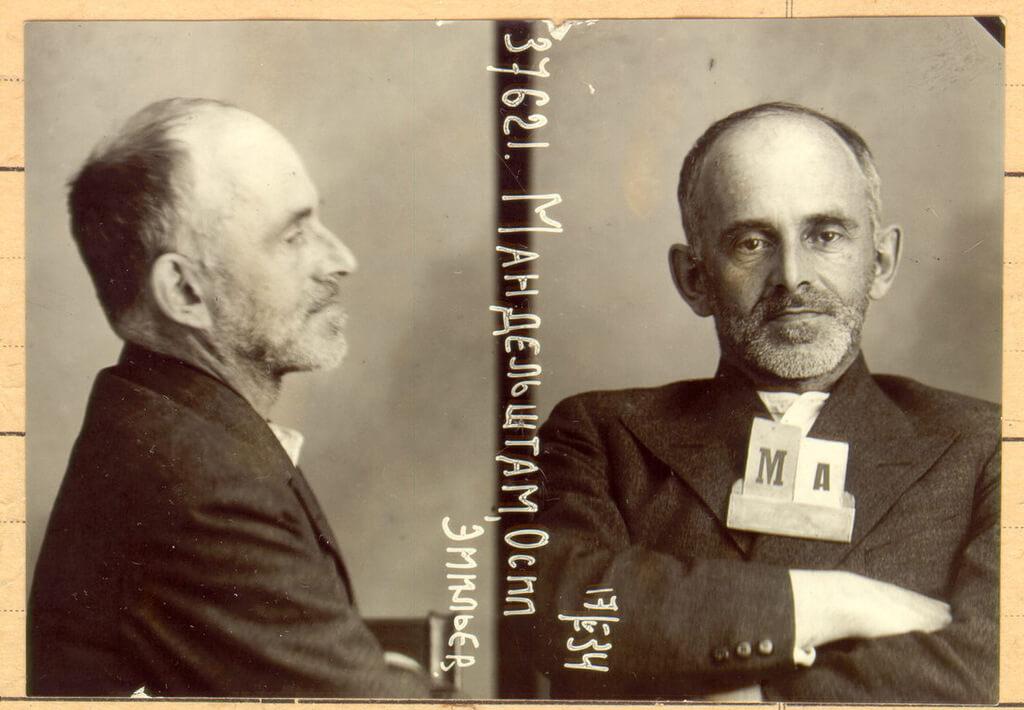Author : Zurab Medzvelia

There is a Dutch documentary about the 1978 World Cup, but it’s not about football. It delves into the uncertainty surrounding the Dutch team’s participation in the tournament until the very last moment. The Kingdom of the Netherlands hesitated to send its team to Argentina due to concerns about the country’s illegal government and dictatorial, oppressive regime. Despite these reservations, players like Neeskens, Krol, Haan, Rapp, and Rensenbrink ultimately competed in the championship, reaching the final but losing to Argentina. The Dutch team’s protest against the regime was expressed by their absence from the official banquet following the final match. This decision stemmed from their refusal to attend an event where the President of Argentina, General Jorge Rafael Videla, would be present. Videla, who came to power two years prior through a military coup, was surrounded by controversy. According to official government data, 8,960 people went missing during Videla’s regime, though opposition figures claimed the number was much higher, around 30,000.
On November 19th of this year, the Georgian national team lost 1:3 to Spain in the last qualifying match of the 2024 European Championship in Valladolid. However, the main story of this match, devoid of tournament intrigue, unfolded in the 75th minute when the referee showed Khvicha Kvaratskhelia a yellow card. This marked the 3rd warning for the Georgian star in this qualifying tournament. ‘MISSES NEXT MATCH’ flashed in the upper left corner of the screen, leaving Georgian fans wondering: What was that next match?! Was it scheduled for March 21st? Did it pertain to another tournament?
In a non-sports magazine, it would not be appropriate to delve into the regulations and disciplinary codes of the European Championship and League of Nations. In brief, the Georgian national team have another opportunity to qualify for the biggest European sports event, Euro 2024 in Germany, through a different route—by winning two matches. The first match is scheduled for March 21st in Tbilisi against Luxembourg.
A few minutes after the announcement, Georgian commentator Giga Gventsadze reassured fans that that had been a mistake and Kvaratskhelia would not miss the upcoming game, so crucial for us. He had contacted a high-ranking official of the Federation who assured him that everything was in order. However, it soon became apparent that not everything was in order—Khvicha would indeed miss the match on March 21st. It turned out that they didn’t know an official in the Federation... It turned out that the team manager didn’t check... It turned out that the players asked if they were in danger and were told that those yellow cards would be cancelled... But all this was found out only 16 hours after the end of the match. During those 16 hours, the media only speculated, and the Federation remained silent. Then, there were empty statements from high-ranking officials of the Federation (expressing regrets, but still expressing confidence in the team’s victory). Finally, apologies and acknowledgments came from the national team coach. Naturally, amidst these statements, there was another brazen comment from Kakha Kaladze, a historian by diploma, the most decorated Georgian footballer, and the mayor of Tbilisi, stating that such incidents are what make football interesting.
And before and after these apologies and insolence, there was criticism and cursing of the Federation not only because of this ‘Kvaragate’. The story of 2020 was also recalled when we needed to win just one match against North Macedonia to qualify for the European Championship. Back then, during Covid, UEFA considered it acceptable to have 15,000 spectators at the national stadium, but the Federation made a political decision (rallies were banned because of the virus, and it was the time of parliamentary elections) and the game was played without any spectators (no, the aforementioned Kaladze was with his son—’I went by inertia’—that’s how he ‘explained’ such behaviour at the time). The national team, deprived of the support of its own fans, lost, and the dream of getting to a big football tournament was pushed back to another time... The president of the football federation had a run-off election in Gldani, but eventually he became an MP and now they are both involved in this activity along with many other, relatively small, endeavours... he obviously doesn’t feel embarrassed.
In the modern world, not only a yellow card to Kvaratskhelia, but even the most shocking news story ends its life in the age of the butterfly—something will happen tomorrow, and the day after tomorrow, and the day after that. And your shocking story will be overshadowed and forgotten. But this time it will be different. It’s like a slow-motion landmine: Every time Khvicha plays for Napoli, we’ll be reminded that he won’t be able to represent the Georgian National Team on March 21st, and this knowledge will last until then. And after that...
‘What if we lose?’ It’s as if there’s a conspiracy afoot; these days, five people have told me the same thing. If that happens, I’ll head straight from the stadium to Bagebi to dismantle the Federation’s building brick by brick. I doubt it will come to that extreme, but one thing is certain: Kobiashvili and his Dream party will see a decline in their ratings.
‘What if we win?’ Nobody will recall the yellow cards. What if we win this second match too? There will be general jubilation, applause, and parades. There will be a scramble for air tickets to Germany and a hysterical rush for tickets to the games.
No one will remember that the trip to the European Championship is not related to Kobiashvili’s skills, but to the decision of UEFA, which created the Nations League, and after that one can get to the European Championship only by defeating football dwarf countries. Few would say that if such a tournament had been organised, the Georgian National Team would most likely have participated in the European Championship as far back as the last century, and even then only a few times. The rating of kisses will go up....
‘Is it unfair?’ Yes, it is. But this is the phenomenon of the world’s most common sport, football. There’s nothing new here. As proof and example of this, I will refer to the documentary film mentioned at the beginning. It ends like this:
A journalist is at the home of an elderly couple in Buenos Aires on the day of the finals. This couple had one child, and he is among the 8,960 who went missing—most likely tortured and then disposed of, either by being thrown into the sea or cemented over in some secret grave. And the finale begins. The family switches on the television. Videla is in the box. And this husband and wife know that if Argentina wins, their son’s killer, General Videla, will hug Daniel Passarella, holding a trophy that all of Argentina craves, a victory that will drive the whole country crazy. And because of this, as often happens, especially in such passionate football countries, the general’s popularity will increase—not by one, not by two, but by three percent or more. ‘Who are you rooting for?’ the author of the film asks the hosts, and both of them, with tears in their eyes, answer, ‘For Argentina.’
